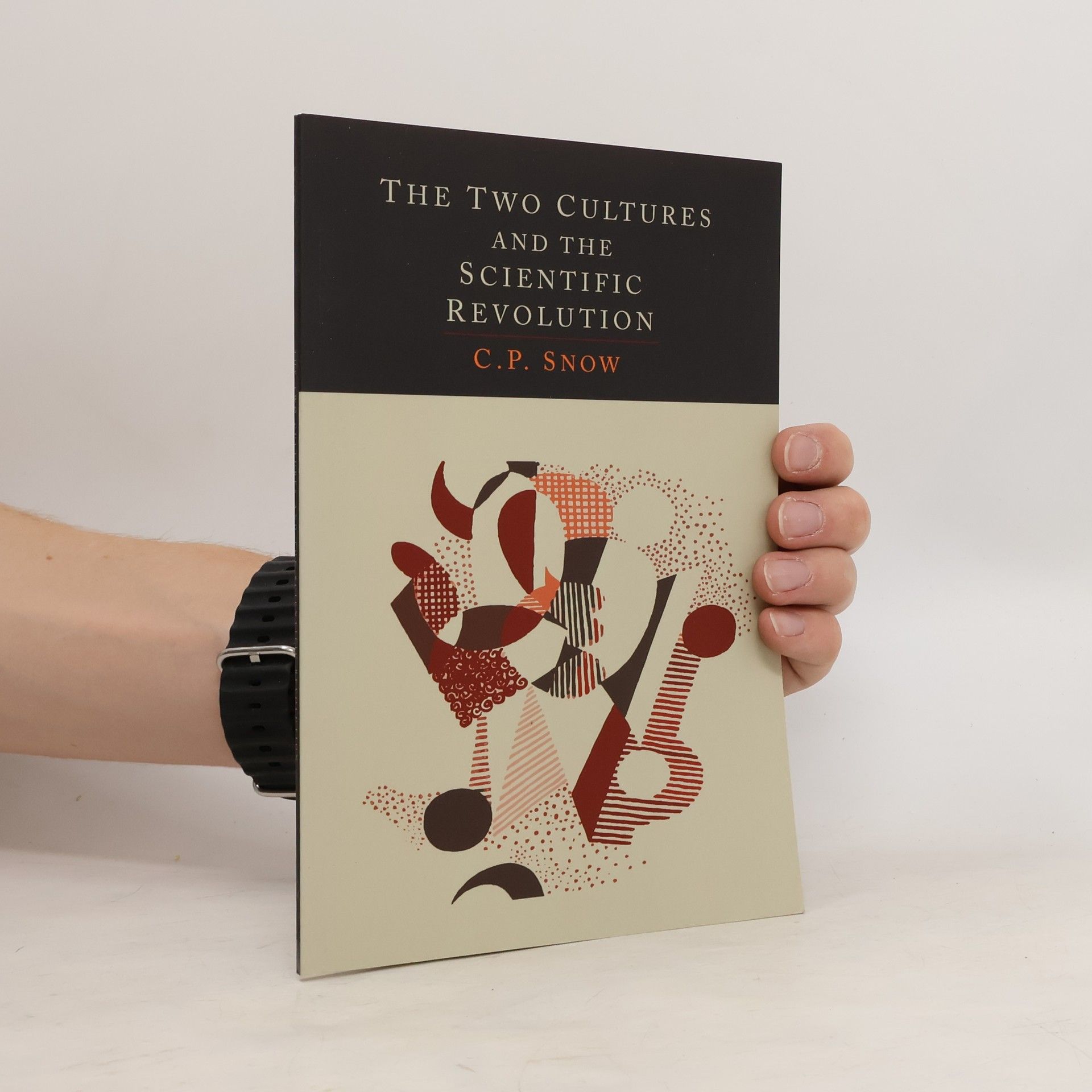Ausverkauft
Reihen
Parameter
- 66 Seiten
- 3 Lesestunden
Mehr zum Buch
Exploring the divide between the sciences and the humanities, this influential lecture by C. P. Snow argues that this separation hinders societal progress and problem-solving. Originally delivered in 1959, the lecture sparked significant discussion and debate in both the UK and the US, highlighting the need for interdisciplinary understanding. This reprint preserves the original text, allowing contemporary readers to engage with Snow's critical insights into the intellectual landscape of Western society.
Buchkauf
The Two Cultures and the Scientific Revolution, C. P. Snow
- Sprache
- Erscheinungsdatum
- 2013
- product-detail.submit-box.info.binding
- (Paperback)
Wir benachrichtigen dich per E-Mail.
Hier könnte deine Bewertung stehen.






